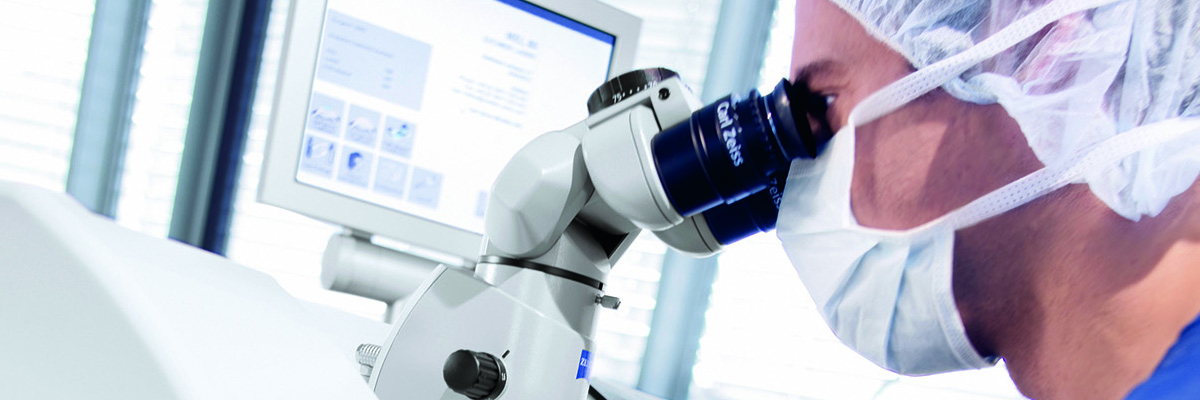
7. Wellbeing in Health and Disease
RESEARCH PROGRAMME
WELLBEING IN HEALTH AND DISEASE
COORDINATOR
doc. MUDr. Jakub Otáhal, Ph.D.
Institute of Physiology of the CAS
GOALS
- To pursue multidisciplinary biomedical research
- To integrate and support the research groups within the programme research domain
- To focus research on the most important needs of contemporary healthcare
Participating CAS Institutes
Institute of Biophysics
Biology Centre
Institute of Biotechnology
Institute of Physiology
Institute of Microbiology
Institute of Psychology
Institute of Sociology
Institute of Physics of Materials
Institute of Analytical Chemistry
Institute of Vertebrate Biology
Institute of Experimental Medicine
Institute of Photonics and Electronics
J. Heyrovsky Institute of Physical Chemistry
Nuclear Physics Institute
Institute of Macromolecular Chemistry
Institute of Molecular Genetics
Institute of Organic Chemistry and
Biochemistry
Institute of Contemporary History
Institute of Scientific Instruments
Institute of State and Law
Institute of Rock Structure and Mechanics
Institute of Information Theory and Automation
Institute of Thermomechanics
Institute of Animal Physiology and Genetics
The Wellbeing in Health and Disease programme provides a platform for integration of innovative research infrastructures (Biocev etc.) with the existing facilities and research teams of the participating organizations.
Cooperating partners
Motol University Hospital, Military University Hospital Prague, Institute for Clinical and Experimental Medicine (IKEM), The General University Hospital in Prague, Na Homolce Hospital, Hospital Královské Vinohrady
Czech and foreign universities and other institutes
Health is conventionally defined as a state of complete physical, mental and social wellbeing, and together with economic and cultural factors it represents one of the main pillars of an individual’s life. Severe illnesses can result in long-term or persistent decline in wellbeing for the individual and their social network/friends and family. In developed countries, diseases of modern civilization are the major health burden. They are predominantly consequences of over-consumption and a sedentary lifestyle and appear to increase in frequency as countries become more industrialized. Access to modern medical care and the availability of early treatment contributes to a longer life span in developed countries, but also increases the number of ageing, chronic disease sufferers. Successful management and reintegration of individuals with severe illness and disability into the community is one of the major challenges of contemporary medicine.
Tackling the causes and understanding the mechanisms of severe illnesses to reduce their personal and social consequences requires an innovative, multidisciplinary program and integration of expertise from various research disciplines including; medicine, physics, engineering, social sciences and the humanities. This comprehensive approach will lead to novel discoveries about the molecular, cellular, systemic and epidemiological basis of these diseases and natural regenerative mechanisms, which are crucial prerequisites for the development of new treatments. Furthermore, this initiative encompasses the legal and ethical disciplines to promote the successful implementation of new therapies into clinical practice.
The main goal of the programme is to develop more effective strategies to prevent and treat lifestyle-choice related diseases. The programme aims to directly develop innovative diagnostic tools and therapies to prevent and treat diseases of modern civilization, minimize their consequences and promote faster recovery. In addition to restoring health, these strategies should also enhance the successful social integration of disease sufferers, their re-employment and ultimately improve the wellbeing of the patient and their carers. There will be added economical benefit of reducing both the direct health costs associated with the treatment, rehabilitation, and formal care and the indirect costs, resulting from the loss of productivity and social welfare payments.
Website of the programme